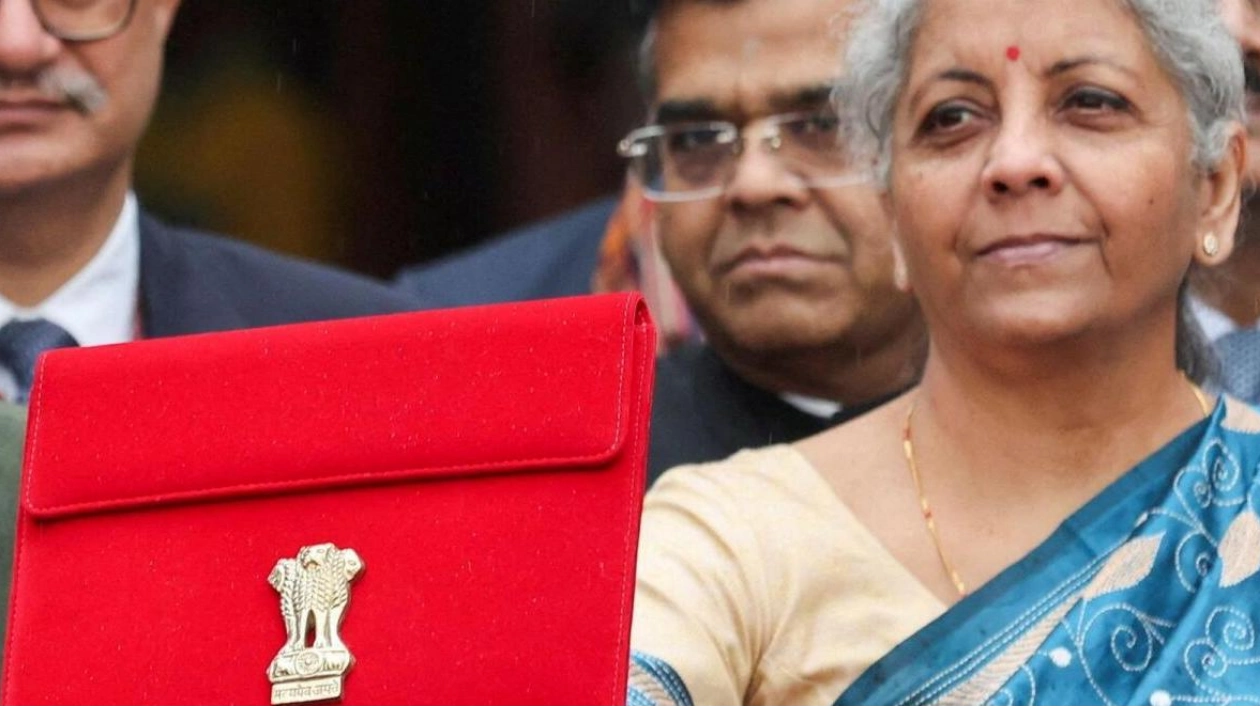India will present its budget on July 23, marking the initial significant policy declaration of Prime Minister Narendra Modi's third consecutive five-year term. This event may lead to alterations in economic focus areas. According to government insiders, Finance Minister Nirmala Sitharaman is contemplating reductions in personal income tax rates while adhering to the fiscal deficit target for the year.
Key demands from the industry for the upcoming budget include: CONSUMPTION BOOST. The Confederation of Indian Industry (CII) advocates for tax reductions for lower-income groups in India to enhance personal spending power and bolster consumption. Despite the economy's robust growth of 8.2% in the fiscal year 2023-24, consumption growth has been half of that rate. CII recommends increasing wages under the government's sole rural employment guarantee program and enhancing financial support to farmers.
FARM EXPORT CURBS. Agricultural economist Ashok Gulati and various agricultural groups have urged India to remove restrictions on staple food exports to aid farmers' earnings, following discussions with Sitharaman. To control consumer prices, the government began restricting staple exports in 2022 and reduced tariffs on pulses and vegetable oils to facilitate cheaper imports. This strategy has adversely affected rural wages, which have remained stagnant during Modi's tenure, with over 45% of India's population dependent on agriculture.
TAX CUTS. The India Cellular and Electronics Association (ICEA) has requested a reduction in import taxes on six types of mobile phone components to lower the costs for local smartphone assembly and manufacturing. India currently has the highest tariffs on phone inputs compared to competing economies like China and Vietnam. Additionally, the Gem & Jewellery Export Promotion Council (GJPEC) has proposed lowering import duties on gold, silver, and platinum bars to 4%.
MORE JOBS. The CII has also urged for an incentive program tied to job creation by private companies in labor-intensive sectors like textiles and tourism. Post-election surveys indicated that unemployment, declining incomes, and inflation were top concerns among Indian voters, contributing to a poor performance by Modi's party. Ten labor unions, participating in Sitharaman's pre-budget discussions, called for immediate job vacancy filling and the restoration of pension benefits from a discontinued scheme.
At least two industry groups have advocated for simplifying tax structures. The Federation of Indian Chambers of Commerce and Industry (FICCI) suggested streamlining capital gains tax provisions into two or three broad categories and reforming the Goods and Services Tax with fewer tax brackets and broader industry coverage.






